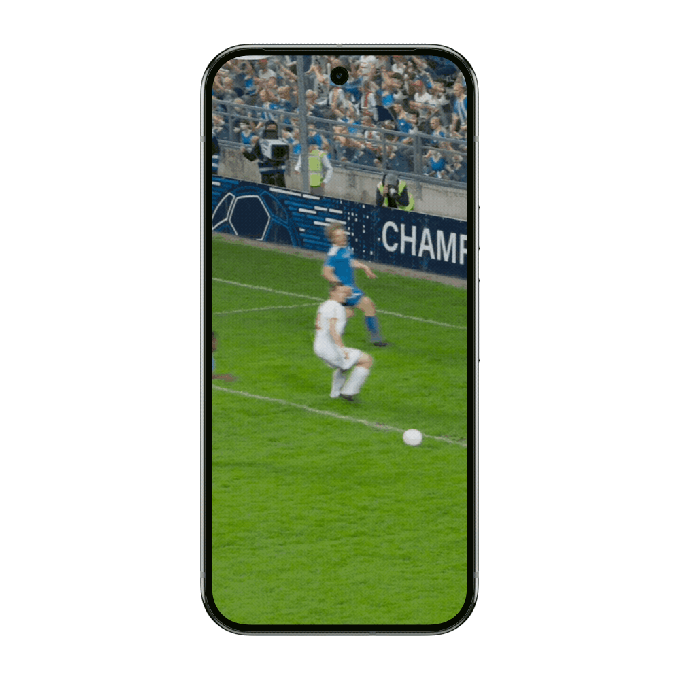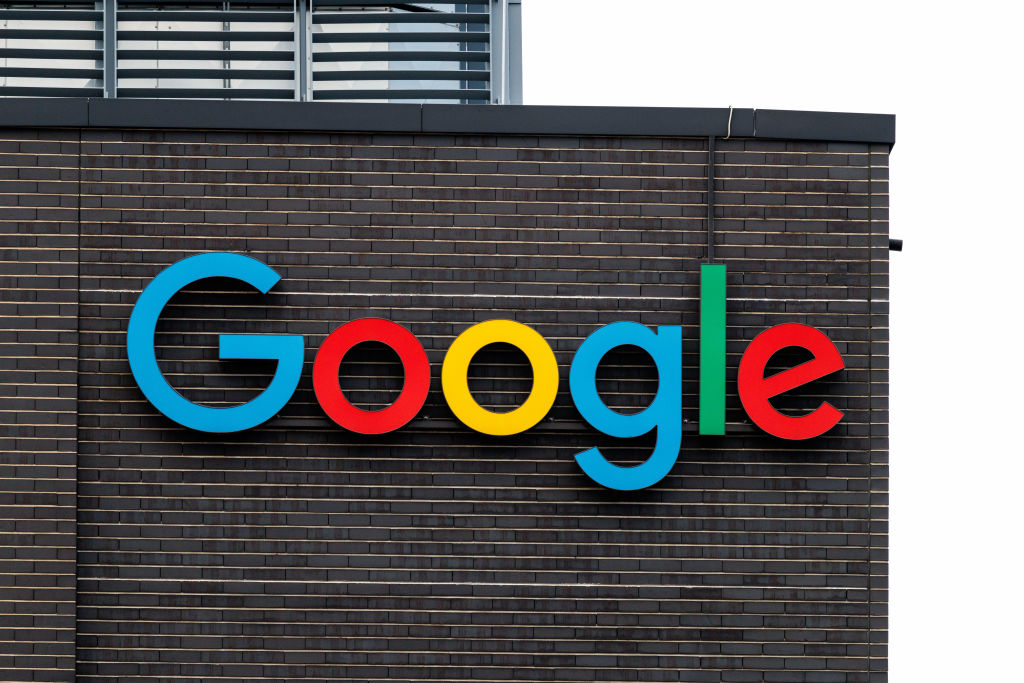Google has announced Thursday that it is launching new artificial intelligence and accessibility features to Android and Chrome. In particular, talkbacks, the Android screen, now it allows you to ask Gemini what’s in the images and what’s on the screen.
Last year, Google brought Gemini’s features to Talkback to give blind people or who have access to panoramas to the descriptions generated by the IS for images, even when the Alt text is not available. Now, people can ask questions and get answers about their images.
For example, if a friend sends you a photo of a new guitar, you can get a description and ask questions about the brand and color. In addition, you can now get descriptions and ask questions on the entire phone screen. So if you shop in an app, you can ask Gemini the material of an article you are interested in or if a discount is available.
Google has also announced today that it is updating the expressive captions, the function of didacties in real time of Android that uses to to capture what someone says and how they say it.
Google says that it is aware that one of the ways in which people express themselves is dragging the sound of their words, which is why it has developed a new functionality of duration on expressive captions. Now, you will know if a sports presenter is calling a “Amaaaz shot” or when someone is not simply saying “no” but “nooooo.” You will also start seeing new labels for sounds, like when a person whistles or lightens his throat.

The update is implemented in English in the United States, the United Kingdom, Canada and Australia for the devices that manage Android 15 and beyond.
Google is also making it easier to access PDFs on Chrome. Until now, you would not be able to use your screen reader to interact with a pdf scanned in the desktop chromed browser. Now, Chrome automatically recognizes these types of pdfs, allowing you to highlight, copy and search for text like any other page and use the screen reader to read them. This is thanks to the introduction of the optical recognition of the characters (OCR), says Google.
In addition, Page Zoom on Chrome on Android now allows you to increase the size of the text you see without affecting the layout of the web page. You can customize how much you want to enlarge and then choose to apply the preference to all the pages you visit or just some. You can access this function by touching the three -point menu in the upper right corner of Chrome.



